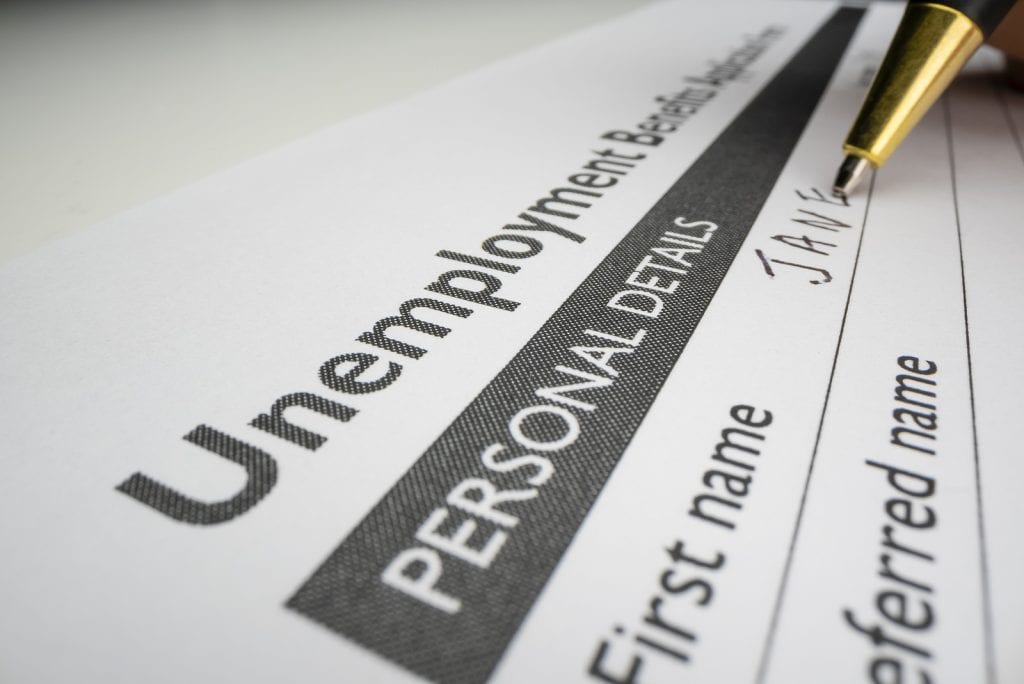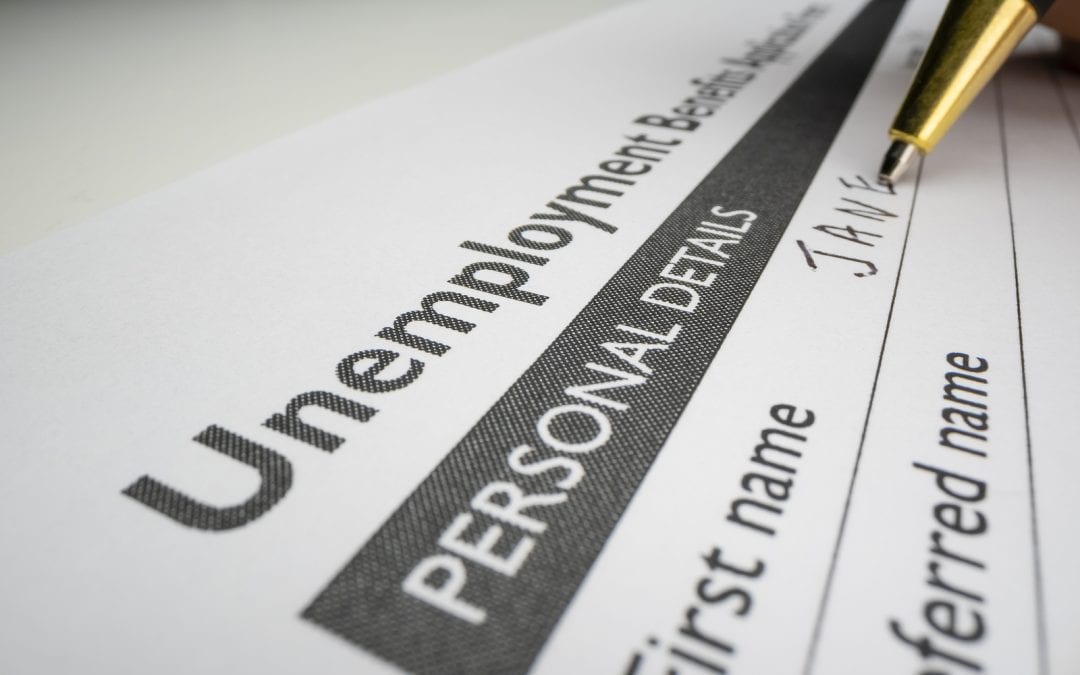
Coronavirus (or more commonly known as COVID) undoubtedly made the financial lives of tens of millions of U.S. residents incredibly difficult last year. Many people lost their jobs when the businesses they worked for shut down temporarily or even closed completely. Several million people got laid off or were furloughed and were left in the lurch with no wages and no idea of when their employer would ask them to return to work.
The outcome of all these layoffs, furloughs, and closed businesses at the start of the pandemic resulted in record numbers of U.S. residents submitting applications for unemployment. Are you one of the millions of unemployed people who received unemployment benefits during 2020 to help you survive the financial hurricane? Read on.
Coronavirus Aid, Relief, and Economic Security Act (CARES) and Your 2020 Income Tax Liability
At the start of the COVID pandemic, the U.S. economy was in free fall. Businesses and schools shutdown nationwide due to real concerns about the coronavirus spreading unchecked throughout the country. Unemployment was immediately rampant as soon as COVID shutdowns took place throughout the United States.
In response to the situation, the Coronavirus Aid, Relief, and Economic Security Act (CARES) was in enacted into law in March 2020.
When people get laid off in the United States, they normally start receiving weekly unemployment payments that vary significantly by state. As it turns out, because of the CARES act, unemployment benefits got a significant boost in two different ways. The first way it was boosted was unemployment benefits were increased to an extra $600 per week, in addition to any state amounts. The second way it was boosted was unemployment benefits were extended from the usual 26 weeks to 39 weeks.
Extended unemployment benefits were set to end effective December 31, 2020, but were extended again through the passage of the Continued Assistance Act. This resulted in UI recipients receiving a lowered but additional federal subsidy of $300 a week in addition to the amount the state paid.
Unemployment Benefits Are Taxable in Most States and for the Federal Government
All recipients are required to pay federal income tax on unemployment benefits. Federal income tax is due and payable on unemployment benefits at the tax rate of each person’s tax schedule bracket. (Happily, stimulus check money people received from the Federal Government is not taxable.)
Unemployment benefits are viewed by the majority of states as taxable income. Five states do not tax unemployment benefits: California, New Jersey, Oregon, Pennsylvania, and Virginia. Additionally, nine other states do not have a state income tax, therefore unemployment is not taxed in these states either (Alaska, Florida, Nevada, New Hampshire, South Dakota, Tennessee, Texas, Washington, and Wyoming).
Not Sure If You Owe Taxes for 2020?
The 2020 tax season is here. The IRS started accepting tax returns for the 2020 tax year on February 12, 2021. If you received unemployment benefits during 2020 and you are not sure how to handle filing your 2020 income tax return, call the professionals at The Becerra Group at 505-462-9090. We are ready and available to answer all your tax questions.

